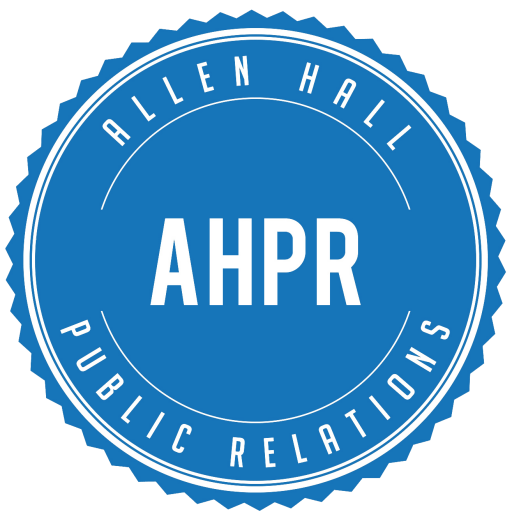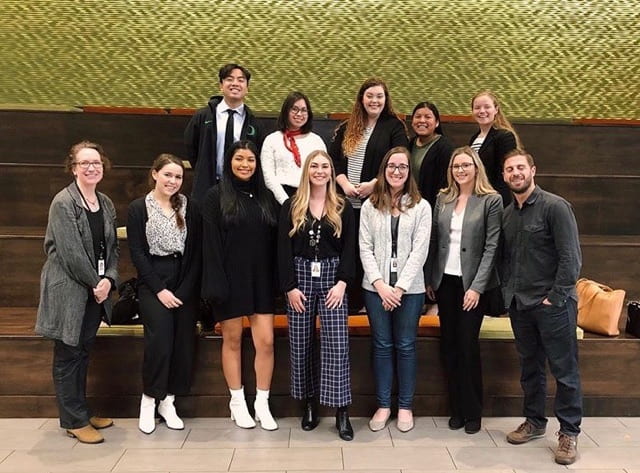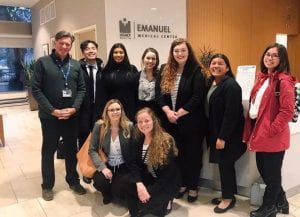From our Oregon Family Magazine Account Team by Kyra Hanson
On November 15, a group of public relations students from the University of Oregon went on a professional development tour to Portland, visiting Maxwell PR, Cambia Health Solutions, Gard Communications, and Legacy Emanuel Hospital. At each of these locations, students were able to speak with PR professionals about their professional journeys.
Amidst all of the pieces of advice was a significant insight into interviews. These professionals provided a look into what the interview process is like and how to help it go as smoothly as possible. While there may be no such thing as the “perfect interview,” here are a few of their tips that will help you stand out against the competition:
- Know how to answer “Tell me about yourself.”
This question seems so simple, but it is surprisingly hard to do well. “Tell me about yourself” is quite common in interviews, so it is worthwhile to figure out your answer. Rehearse it, run it by others, and always be ready to deliver it at an interview.
This question is essentially asking for your elevator pitch, an opportunity for you to tell someone else who you are in a nutshell. Mention your experience and qualifications, but also let your personality shine through. This question is an excellent chance to say who you are and why you are a good fit for the role. It is also an excellent avenue to make a good impression.
- Interview them as they interview you.
It is important to keep in mind that an interview goes both ways. Of course, you need the job, and they are in a position to grant you the job. However, at the end of the day, the interview is your opportunity to learn about the company, your employers and whether or not you would actually want to work there. The best way to do this is to ask questions and lots of them.
At the end of the interview, the interviewer will provide you with the opportunity to ask questions, and you should take it. Not asking questions at this point in time actually gives a negative impression because it makes it seem like you are not inquisitive or interested in learning more about the position. In addition to asking questions at the end, you should also look for opportunities to ask questions throughout the interview. Think of it simply as you having a conversation with another person.
- Do your research!
When you walk into an interview, you should be equipped with knowledge of the company you are interviewing for. Be sure to look at the website and identify some of the language that they use frequently throughout their content. Sometimes, the interviewer might ask a question specifically about the company, and you need to be prepared for that!
Also, you should look for opportunities to incorporate this information throughout the interview. This will show that you have taken the time to learn about the company and therefore, have an interest and taken initiative.
- Body language.
Interviews are stressful. That is a simple fact. However, the ability to reign in those nerves and appear relaxed in the interview will help you make a good impression. When you walk into the interview, do so confidently. Shake the interviewer’s hand, give them a nice smile and engage in pleasantries to build rapport. Throughout the interview, maintain eye contact, continue to occasionally smile, and sit up straight. You want to show positivity with your body language.
- Write a thank-you note
While a thank you note is not required, it can go a long way. It is a good policy to always send one to your interviewer after the interview finishes. The bare minimum would be a generic email sent to your interviewer. This is still nice and shows your appreciation.
However, it can help you stand out even more if the thank you note is hand-written and personalized. A thoughtful thank you note alone will not get you the job, but it will leave a good impression. The goal is to leave as many positive impressions as possible.
This is by no means an exhaustive list. There are countless strategies to excel in an interview, depending on who you ask. Additionally, interviews are not a fine science; there are many factors that influence the outcome of an interview. So, don’t get too hard on yourself if you follow these steps and still do not get the job. The goal is to be as prepared as possible, and by doing more interviews, you will be able to get more comfortable in the setting, find out what techniques work for you and implement those strategies into your interviews. Go get that job!




